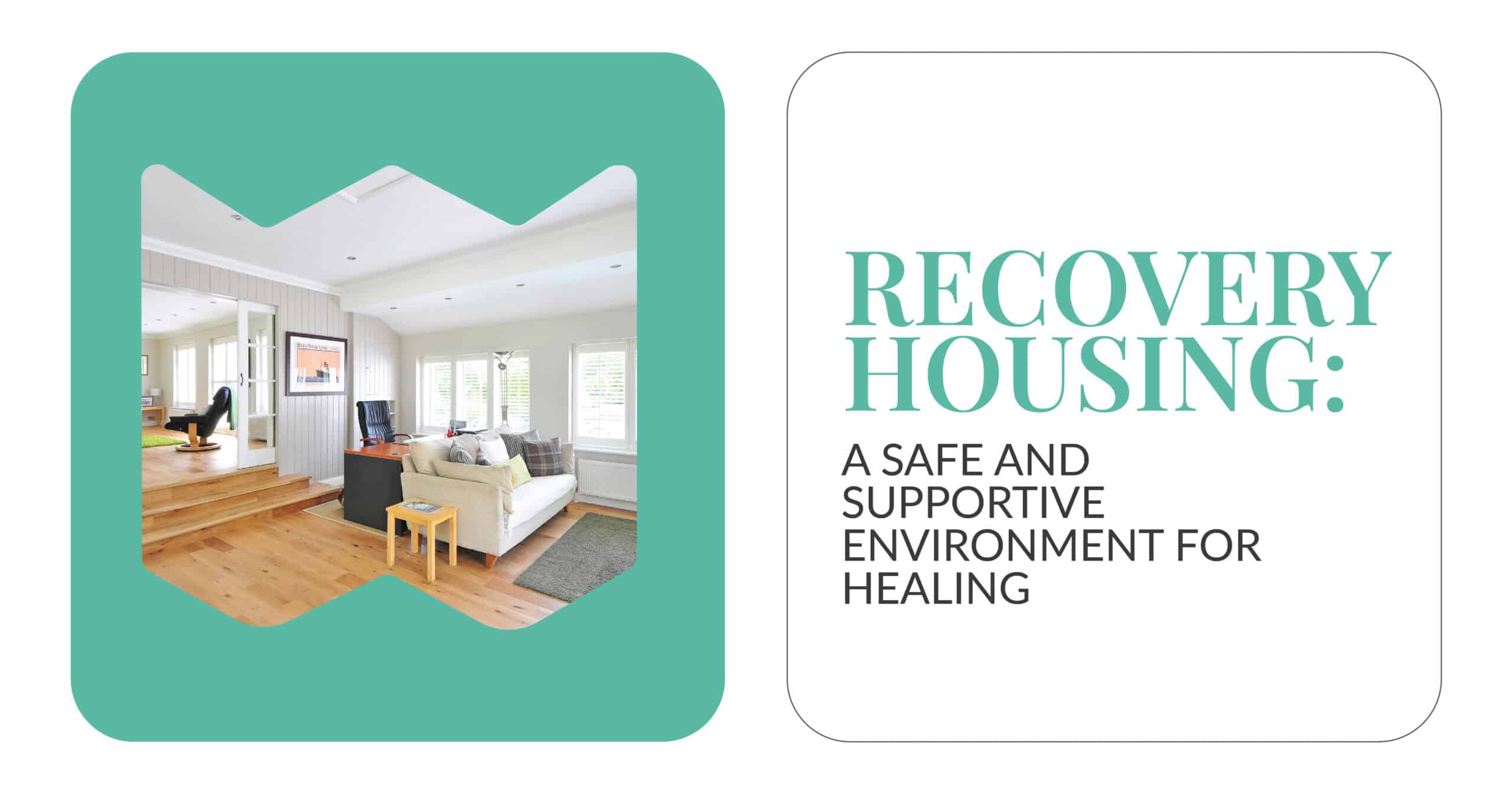In the journey toward overcoming addiction, finding a supportive environment can make all the difference. Recovery housing is a safe and caring place where people can work on getting better without the things that might make them want to use drugs or alcohol again.
Let’s delve into why recovery housing is essential, how it fosters healing, and why it’s a crucial component of the rehabilitation process.
Understanding Recovery Housing
Recovery housing, also known as sober living homes or transitional housing, offers a structured and supportive environment for individuals recovering from addiction. These homes are designed to provide a safe and drug-free space where residents can rebuild their lives free from the influences that contributed to their addiction.
Key Features of Recovery Housing:
- Structured Environment: Recovery housing offers a structured living environment with rules and regulations to support sobriety and personal growth.
- Peer Support: Residents live with others on the path to recovery, encouraging a sense of community and understanding.
- Accountability: Regular drug testing and adherence to house rules help residents stay accountable and committed to their recovery journey.
- Access to Resources: Many recovery houses provide access to counseling, support groups, job assistance, and educational opportunities to aid in the rehabilitation process.
The Importance of a Supportive Environment
Research has shown that the environment plays a significant role in addiction recovery. Transitioning from a toxic environment to one that is supportive and nurturing can greatly increase the chances of successful rehabilitation. Recovery housing offers an environment conducive to healing by removing triggers and providing a supportive community.
How Recovery Housing Supports Healing:
Safe Haven: Recovery housing offers a secure and steady place for people to concentrate on getting better without worrying about falling back into addiction.
- Positive Peer Influence: Living with others committed to sobriety can provide valuable peer support and encouragement.
- Structured Routine: Recovery housing’s structure and routine help individuals establish healthy habits and routines that support long-term sobriety.
- Opportunities for Growth: Residents have access to resources and support systems that empower them to address the root causes of their addiction and develop essential life skills.
Integrating Recovery Housing into Rehabilitation Programs
Recovery housing is most effective when integrated into comprehensive rehabilitation programs. By combining medical treatment, therapy, and support services with a supportive living environment, individuals can achieve sustained recovery.
How to Integrate Recovery Housing into Rehabilitation:
- Collaboration with Treatment Providers: Rehabilitation facilities can collaborate with recovery housing providers to ensure a seamless transition from treatment to sober living.
- Continued Support: Offering ongoing support and resources to individuals transitioning into recovery housing can help them navigate the challenges of sober living.
- Monitoring Progress: Regular check-ins and monitoring of residents’ progress can help identify any issues early and provide necessary support.
- Education and Skill Building: Incorporating educational programs and skill-building workshops into recovery housing helps residents develop the tools they need to maintain sobriety and thrive in recovery.
Addressing Common Concerns
While recovery housing offers numerous benefits, some individuals may have some common concerns when considering this option. Addressing these concerns can help everyone make informed decisions about their recovery journey.
Common Concerns and Solutions:
- Cost: Some individuals may worry about the cost of recovery housing. However, many facilities offer sliding-scale fees or accept insurance to make it more affordable.
- Relapse Risk: While relapse is a concern, recovery housing provides a supportive environment and tools to help individuals avoid triggers and maintain sobriety.
- Lack of Independence: Living in a structured environment may feel restrictive to some individuals. However, the structure of recovery housing is designed to support independence and personal growth.
Conclusion
Recovery housing is really important for people who are getting over addiction. It gives them a safe and supportive place to focus on getting better. When recovery housing is part of a bigger plan to help someone get better, and we deal with any worries people might have, it can really help them stay sober and start over. If you or someone you know is fighting addiction, think about how recovery housing could change their life.




